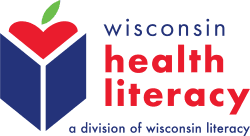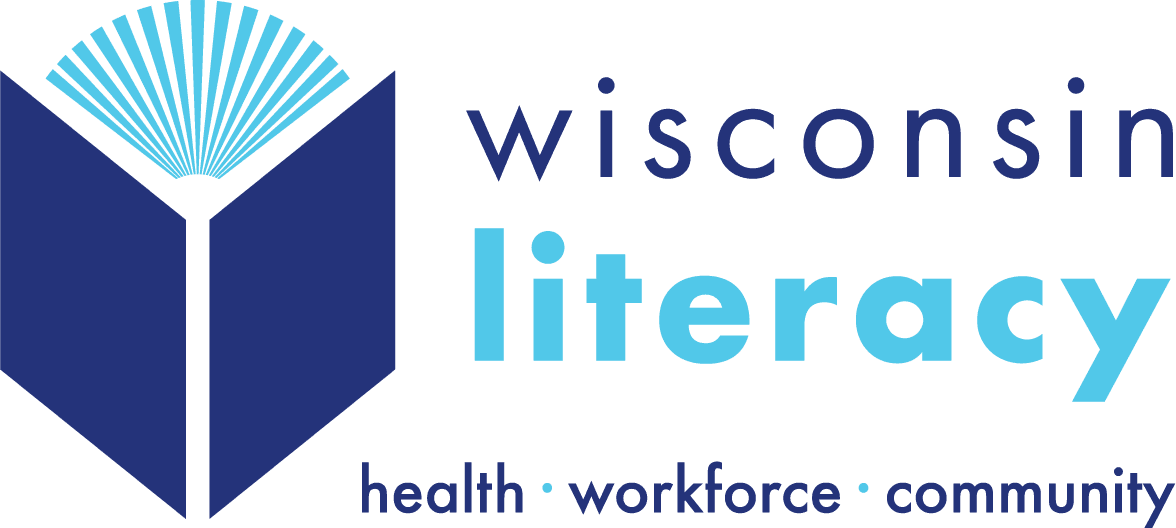Concurrent Breakout Session E (Wed., April 3, 1:00 - 2:00 p.m.)
E1: Building on a Foundation: Developing Organizational Health Literacy
Lourdes M. Martinez, PhD, Health Communication Specialist, U.S. Centers for Disease Control and Prevention;
Jennifer C. Harris, MS, Health Communication Specialist, U.S. Centers for Disease Control and Prevention
Using the Health and Human Services’ National Action Plan to Improve Health Literacy, this session will describe how the Centers for Disease Control and Prevention (CDC) applied it to set organizational goals that advance health literacy. The session will provide a brief overview of CDC’s foundation in health literacy, describe the quality improvement process used to develop tailored work plans, share successes and lessons learned from two years of work plan development and implementation, and describe how the quality improvement process helped the agency make advances towards becoming a health literate organization. The session will conclude by sharing how participants can use the Ten Attributes of a Health Literate Organization developed by the Agency for Healthcare Research and Quality to assess their own progress.
E2: Effective and Inclusive Consumer Testing of Health Resources
Stephanie Severs, MA, Health Insurance Literacy Lead, Covering Wisconsin;
Jeni Appleby, Health Insurance Literacy Specialist, Covering Wisconsin
In this session, you will hear tips and strategies for conducting consumer testing that is productive in gathering and engaging diverse and low-literacy audiences and encouraging them to share honest resource review. Specifically, the speakers will address: 1) How to identify your target audience and encourage other community agencies to assist in organizing a focus group; 2) Focus group questions that are effective and how to encourage forthright responses; 3) Offering incentives (even when you have few resources) and deciding when to use a focus group verses one-on-one consumer feedback; and 4) Interpreting the results and knowing when you need to redesign and consumer test again.
E3: ‘Learners as Data Interpreters’: Engaging Adult ESL Learners in Participatory Research for Improved Health Outcomes
Maricel G. Santos, Ed.D, Professor of English, San Francisco State University;
Margaret Handley, PhD, MPH, Professor, Epidemiologist, Departments of Epidemiology and Biostatistics and the Center for Vulnerable Populations at the University of California San Francisco
The adult ESL system is an ideal, yet under-utilized, context for health literacy interventions for harnessing learners’ own interpretations which can then be translated into improved health messaging. This session describes the impact of a participatory research approach – what the speakers call the ‘learners as data interpreters’ model – on the way learners choose to access, adapt, question, and use information to alter their own health actions. They will share preliminary findings regarding the impact of learner-generated health messages that cut across literacy skill levels. The speakers will share what they call ‘re-storying’ processes, where their team works with a group of adult ESL learners to analyze and then reinterpret health data in conjunction with learners’ personal stories. The audience will be invited to discuss the need for new data sources and new tools to reach immigrant populations and improve health literacy and health outcomes in these communities.
E4: Communication and Continuous Improvement: The State of Wisconsin’s Benefits Story
Tara Pray, Graduate Certificate in Nonprofit Governance and Management, Member Engagement & Communications Lead, Wisconsin Department of Employee Trust Funds
To be innovative with your benefits communication strategy is to be brave and bold, especially when you work in benefits for a government agency. Employees find health insurance complicated and confusing, and administration is a real challenge when your government agency covers different departments, offers different benefit plans, and covers many people. This speaker has met this benefits communication challenge and has the improved employee engagement metrics to show for it. Learn the steps she took to modernize benefits communications for the State of Wisconsin and the challenges overcome. You will also learn how the interactive benefits communication software, called ALEX, helped achieve unprecedented levels of employee engagement for the State, as well as the strategy for launching a new benefits website.
E5: Peer Leader Navigators Improve Health Literacy in Immigrant and Refugee Communities in Anchorage Alaska
Linda Shepard, MSN, RN, Community Outreach Coordinator, Providence Alaska Medical Center
As an immigrant gateway community, Anchorage includes some of the most culturally diverse zip-codes in the country, with over 99 different languages spoken in the Anchorage School district. In response, the Anchorage Health Literacy Collaborative developed a Peer Leader Navigator (PLN) program. Unique to the Peer Leader Navigators (PLNs) is their diverse background and valuable insight. They are all refugees and immigrants who have the first-hand lived experience of coming to a new country, not knowing the language and trying to navigate complicated health information and community resources. They stand in solidarity with the community because they live, work and worship in the communities they serve. They too have experienced economic instability, language barriers, low health literacy and social isolation. The PLNs are instrumental in identifying community needs. They are vital in helping to design and implement the health information that is provided through their outreach efforts. This session will provide an opportunity to learn from the PLNs experience and how organizations can partner in similar ways to address the social determinants of health affecting some of the most vulnerable in our communities.

